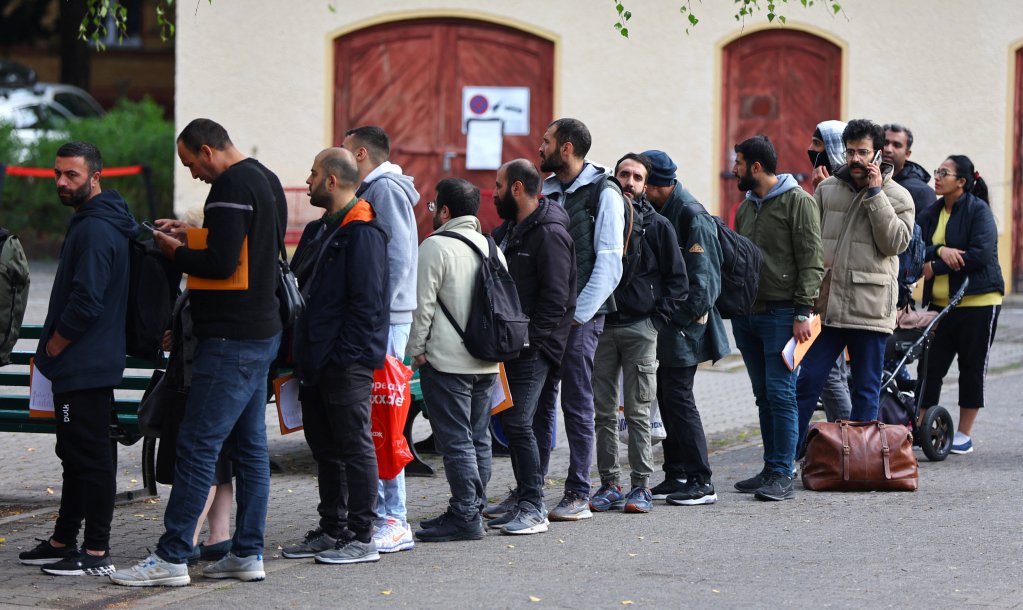German Foreign Minister Annalena Baerbock emphasized that Germany cannot sustain its future without immigration, citing the country’s low birth rate and resulting labor shortages. Baerbock, a member of the Green Party, urged the acceptance of more immigrants to help bridge the gap. Her comments came as Germany reopened its embassy in Damascus. “Germany is a country with a low birth rate,” Baerbock stated. “We need immigrants — otherwise, our country will not be able to move forward.”
The minister, who is set to serve as President of the United Nations General Assembly until 2026, highlighted Germany’s need for immigrants proficient in German — a language she acknowledged as challenging to learn. To address this, Germany has established numerous German-language schools and universities in various countries.
Baerbock visited Syria for the second time since the fall of the Assad regime. Her previous visit in January had drawn sharp criticism after current Syrian President Ahmad al-Sharaa refused to shake her hand. Observers interpreted this as an act of appeasement toward extremist Islam, which opposes women’s rights—an issue Baerbock urged the new Syrian regime to respect.
Al-Sharaa also declined to shake hands with Baerbock during her second official visit for the reopening of the German embassy. His refusal came against the backdrop of ongoing gross human rights violations by the current regime, particularly following a wave of racist and brutal killings that erupted in the Alawite region earlier this month.
Human rights organizations and media reports documented the killing of more than 1,000 people between March 6 and 9. Numerous video clips have also surfaced showing Islamist extremists linked to the new regime calling for the ethnic cleansing of Alawites, along with footage depicting the humiliation of Christians and Alawites by militants affiliated with the current authorities.
Germany supports the new Syrian regime so that it can repatriate thousands of Syrian asylum seekers. Germany has pledged 50 million euros to help the new regime provide food and medicine, and has already provided 8 million euros in humanitarian aid.
The new Syrian regime also enjoys significant support from the European Union, which has taken the initiative to send humanitarian aid to Syria. The EU also pledged €2.5 billion to the new government in mid-April to support a successful transition of power in Syria.





